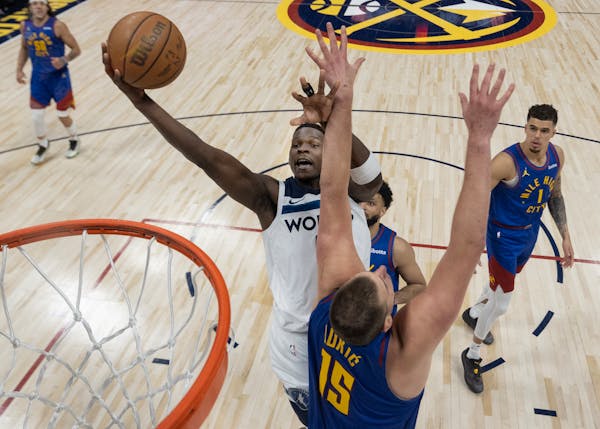Olympic star Natalie Coughlin doesn't like the scheduling of the U.S. swim trials that end a month before the London Games.
"I hate how late we have our trials - and I always have," said one of the headliners of the 45th Santa Clara Grand Prix that began Thursday night. "There's this adage a lot of old-school coaches have that I really disagree with: that if you pick the Olympic team too far in advance you become complacent."
In the coming weeks, swimming, diving, gymnastics and track and field will hold intense, one-shot trials to pick athletes to send to the 2012 Summer Olympics.
After putting everything into making the team, the winners will have to quickly regroup and compete in the biggest competition of their lives.
"They can't leave anything at home if they want to go to the Games," USA Gymnastics president Steve Penny said. "It's a unique balancing act that we go through."
The four American trials were scheduled concurrently in the final weeks of June because of NBC's desire to create interest for the London Games, July 27-Aug. 12.
But the schedule makes it difficult for athletes to peak twice within a month to try to win medals.
Most countries select their teams based on performances during a year or more. Members of the Australian, British, Canadian and Japanese teams are racing in Santa Clara this weekend with the intention of preparing for the Olympics.
Their American counterparts, however, are using the four-day meet at the George F. Haines International Swim Center as the final tune-up for trials, June 25-July 2 in Omaha, Neb.
Former Cal star Dana Vollmer knows the routine. She won a gold medal in 2004 but just missed qualifying for the Beijing Games four years ago. The defending world champion in the 100 meters butterfly is focusing only on the trials right now.
"Then it's a mental switch: What do I do to get ready for the Olympics?" Vollmer said.
The United States held trials in March in 1992 and '96 but returned to a summer cycle in 2000. It's difficult to say which approach brings more medals but most of the country's elite swim coaches prefer the current schedule.
"You want to mimic the biggest event as best you can," said Jack Roach, the U.S. junior national team coach.
U.S. men's Olympic coach Gregg Troy isn't sure how well it will work because the London Games are starting earlier than the previous three in Sydney, Athens and Beijing.
But he is hopeful.
"It's easier to stay at a peak when you're at it then try to find it a second time," he said Thursday.
Generally, the top two finishers in each event qualify for the 52-member U.S. team. The top four in the 100-meters freestyle and 200 freestyle also are included for relay assignments.
Many say U.S. trials can be more competitive and intense than the Olympics.
Stanford's Rick Schavone, who coaches two of America's top divers, said the United States often sees its best performances at the trials instead of the Olympics because of the scheduling.
"I'm not sure it's a problem I'd want to change," he added. "It's just not our culture to do that.
"We're competitively tougher because we have to compete so hard to make the team."
Stanford's Edrick Floreal, the U.S. Olympic jumps coach, dismissed the notion the track trials are scheduled too close to the London Games. The track and field competition doesn't begin until the second week of the Olympics - unlike swimming and gymnastics.
"The closer it is the better," Floreal said. "It is just a matter of maintaining the body at that level.
"Having it later has caused more damage to our team."
Penny said the gymnastics trials June 28-July 1 at HP Pavilion in San Jose fall perfectly for the United States.
Gymnasts will be on a cycle of competing every three weeks starting June 7 with the Visa national championships. In past years the women's team was picked in a selection camp after the trials.
"The athletes are going to be peaking and are going to be able to sustain that," Penny said.
USA Swimming's Roach said there's no magic formula to maintain their peaks during the narrow window between the trials and the Olympics.
But he said athletes have fewer distractions when they don't have much time to prepare for the Olympics after expending all their energy just to make the team.
Troy, the Olympic coach, added that most Americans are used to such a demanding schedule through collegiate swimming. The NCAA championships follow shortly after conference meets.
Coughlin, an 11-time Olympic medalist from Walnut Creek, agrees with the coaching establishment when it comes to predicting success:
"I think it will work for the U.S. team," she said.
Hometown champion Pantoja unanimously outpoints Erceg at UFC 301 in Rio de Janeiro
Canelo Alvarez retains undisputed championship with unanimous decision over Jaime Munguia

Edwards is brightest star as Wolves beat Denver in Game 1

